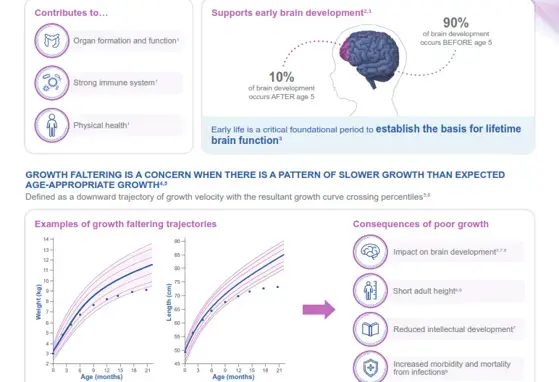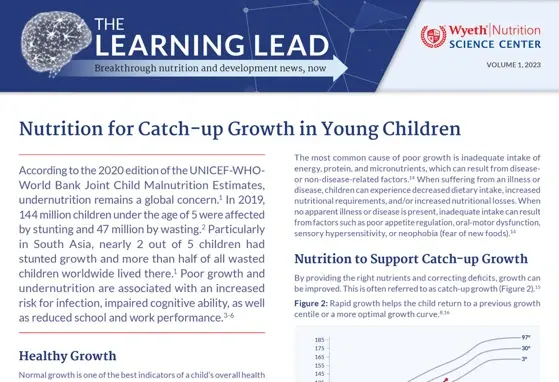[Local Data] Gestational weight gain and children’s long-term health
![[Local Data] Gestational weight gain and children’s long-term health](/sites/default/files/styles/header_image_article_mobile/public/2021-07/235_Pregnant-woman-and-scale-opt.jpg.webp?itok=xptjirE6)
Gestational weight gain (GWG) is closely related to pregnancy outcome as well as the long-term health of both mothers and children. A secondary analysis of birth outcome of Chinese women joined the “Hyperglycemia and Adverse Pregnancy Outcome” study was preformed to understand how optional GWG derived from models based on probabilities of small for gestational age and large for gestational age (model 1), lean and fat infants (model 2) and integration of models 1 and 2 (model 3) versus Institute of Medicine in estimating children’s cardiometabolic risk at 7 years:
- GWG ranges derived from these models were associated with various numbers of cardiometabolic risk factors:
- Model 1 – 1 risk factors
- Model 2 – 8 risk factors
- Model 3 – 7 risk factors
- Optimal GWG derived from model 2 (listed below) was associated with the lowest cardiometabolic risk among children:
- 14.0-18.5 kg for underweight (BMI < 18.5 kg/m2) Chinese women
- 9.0-16.5 kg for normal weight (BMI 18.5-23.9 kg/m2) Chinese women
- 5.0-11.0 kg overweight (BMI 24.0-27.9 kg/m2) Chinese women
Link to publication:
https://www.thelancet.com/pdfs/journals/lanwpc/PIIS2666-6065(21)00099-7.pdf
WYE-EM-130-JUL-21
Reference
He Y et al. Optimal gestational weight gain for Chinese women – analysis from a longitudinal cohort with childhood follow up. The Lancet Regional Health – Western Pacific. 2021;13:100190.
Other articles that you might be interested in:
[Literature Library] Energy intake requirements in pregnancy
If you liked this post you may also like



[Science Update] Relationship between metabolites modulated by HMOs and reduced risk of LRTIs

[Science Update] Early-life gut ecology and reduced risk for reported LRTI